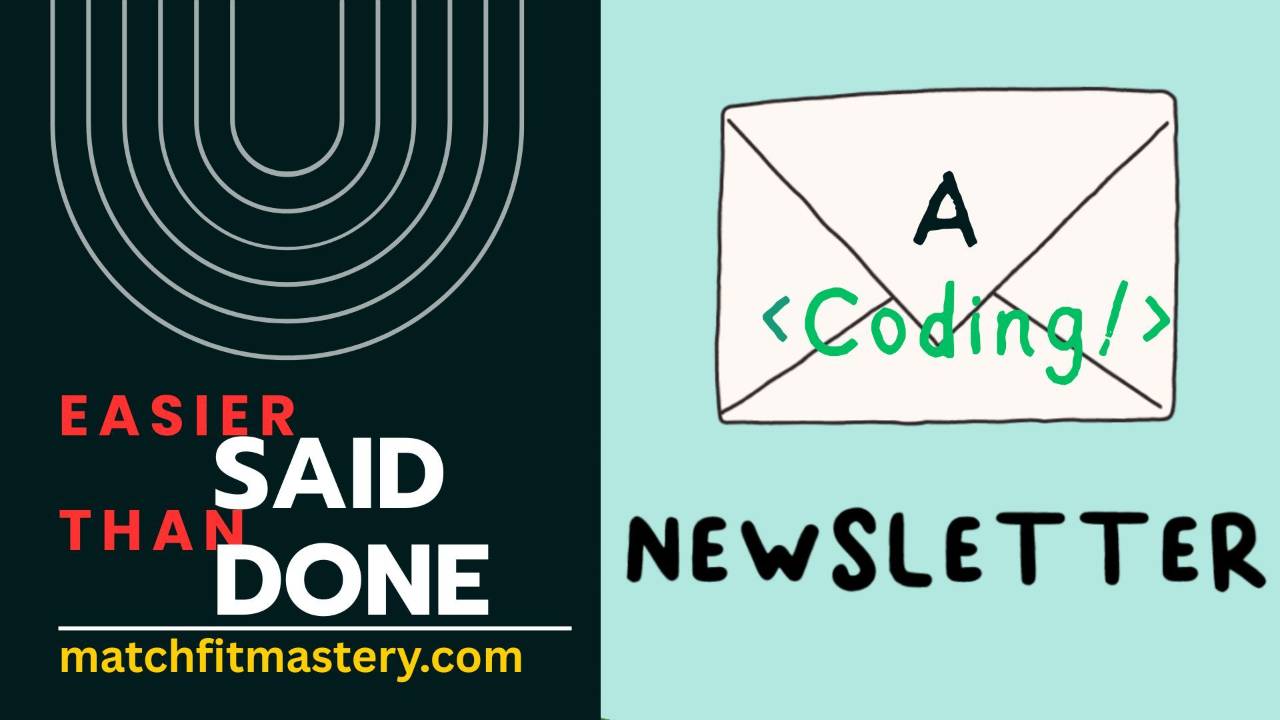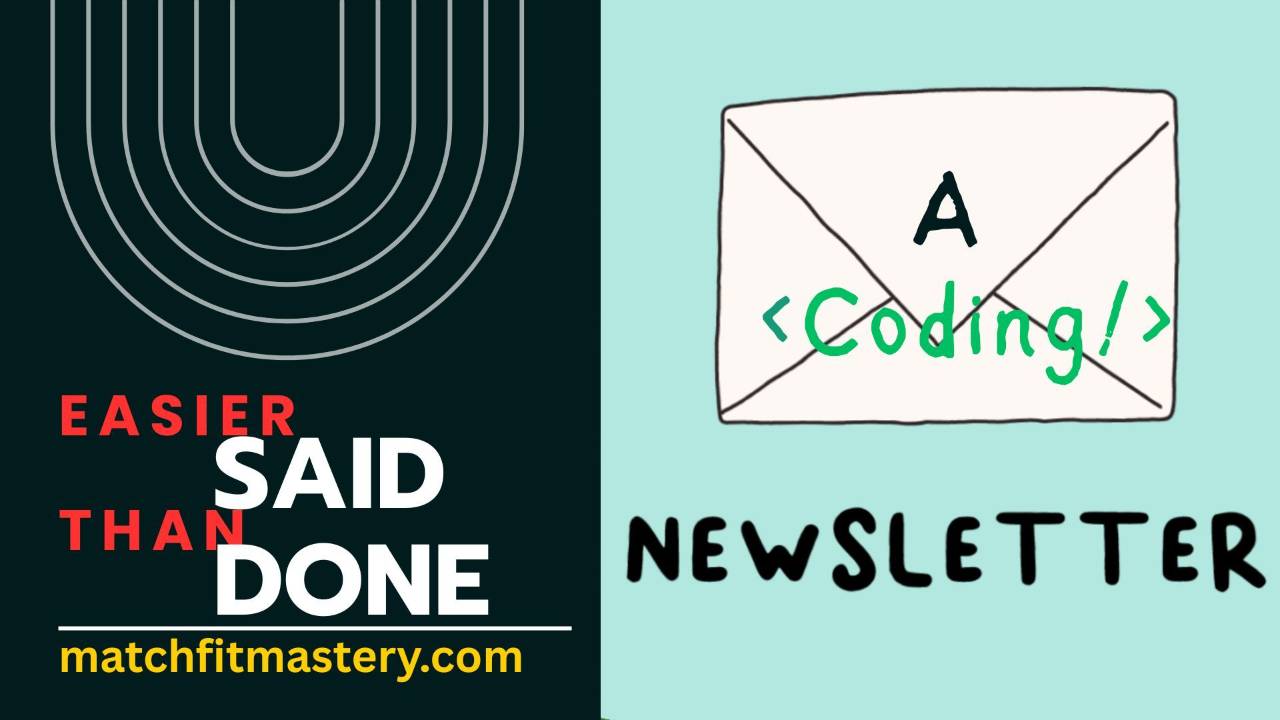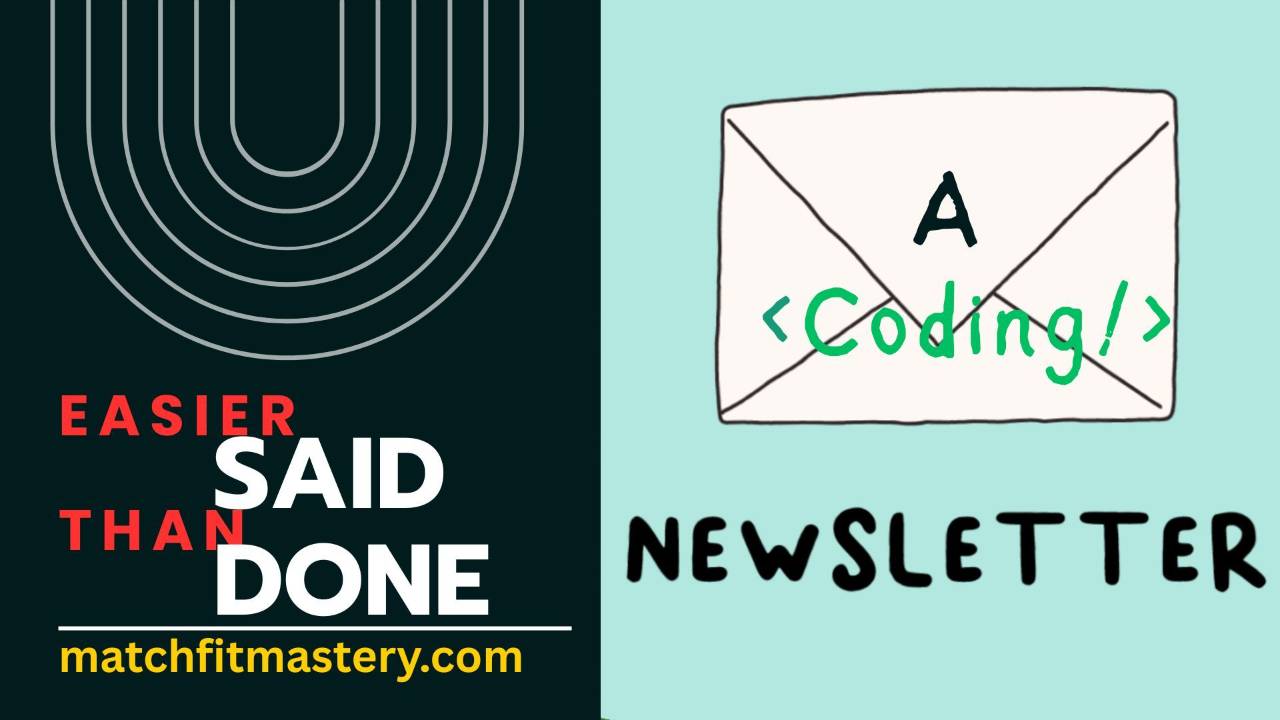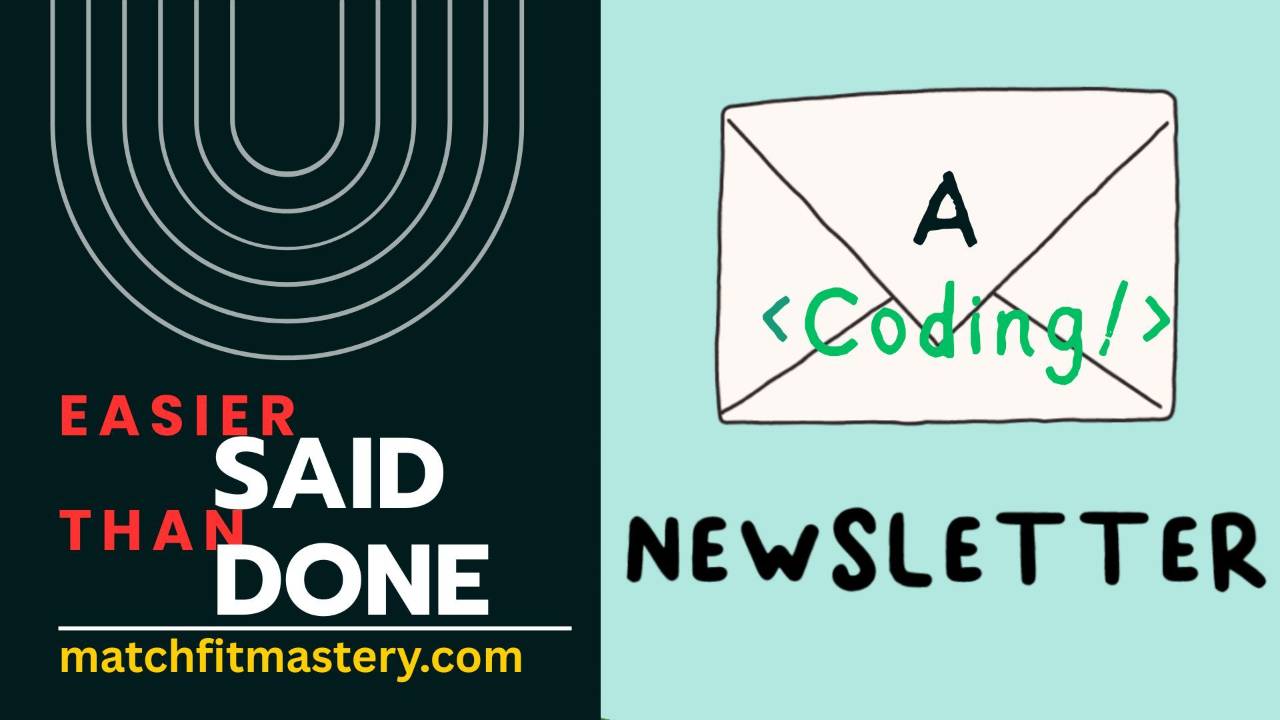How To Position Yourself As A Senior Hire (Not A Junior Developer)
Why Career Changers Position Themselves Wrong
Most people think "new to coding = junior level" and apply accordingly.
Reason #1: They follow social media “advice” instead of studying how career change has been done for centuries
Reason #2: They have not measured how much their professional skills transfer to development roles
Reason #3: They focus on what they can't do instead of what they have done
Reason #4: They take advice from CS grades who are not career changers
The good news? You can sidestep all these positioning mistakes by understanding why hiring managers prefer certain candidates in the first place.
Here's how, step by step:
Step 1: Identify roles that value your domain expertise above pure technical ability
This is crucial because most companies would rather hire someone who understands their business and can learn their tech stack than someone who knows every framework but can't contribute strategically.
For example, if you spent 10 years in healthcare, apply to health tech companies for " Product Developer" or "Solutions Engineer" roles rather than generic "Junior Developer" positions. Your ability to understand HIPAA requirements, patient workflows, and compliance issues makes you immediately valuable in ways a coding bootcamp graduate could never be.
Step 2: Frame your transition as specialization, not a career change
Most people make the mistake of presenting their background apologetically, as something to overcome rather than leverage.
Don't say "I'm transitioning from finance to tech." Say "I build software for finance."
Same background, completely different positioning. You're not leaving your expertise behind—you're applying it in a new medium.
Step 3: Make the “senior devs” compete with you (not the other way around)
This is where everything clicks together—when you find companies that need exactly what you bring.
Instead of applying everywhere and hoping someone takes a chance on you, target companies in your industry vertical who are desperately seeking people who understand both their business domain AND can build software solutions.
These companies will pay senior-level salaries because you solve two problems at once.
Five ways we can help you:
1. Wondering what learning to code actually means?
Becoming a coder is much more than just "learning to code" some languages. When I was hired at Google, for example, I didn't know three out of the four languages I had to write every day.
If you're still wondering if coding is right for you, then I recommend:
👉 My FreeCodeCamp Course --> Before You Learn To Code (Video).
👉 Updated version (including Google and other big tech experiences)
2. Inner Circle (Free Preview Included)
Our personalized, intensive mentorship program is designed to help career changers go from zero to software developer—and get hired. It’s not for everyone, but if you’re ready to commit, we’ll walk with you every step.
👉Preview the Inner Circle Program -> free preview.
👉Apply for Inner Circle → parsity.io/inner-circle
3. Dev30
Want to learn the basics, but not quite ready for the Parsity Inner Circle? No problems - Try the Dev30 challenge!
It’s our 30-day JavaScript sprint focused on building real projects, learning in public, and creating a network in tech.
👉Join dev30 → dev30.xyz
4. Career Change To Code Podcast
Driving? At the gym? Hiding in the bathroom? Perfect time to inject the best techniques for a career change to code directly into your brain via
👉 Follow the podcast here: YouTube | Spotify
5. Weekly Tips In Your Inbox
👉 Subscribe to this newsletter (it’s free). I try and keep it to 3 minutes or less so you can read in the elevator, waiting in lines, in the bathroom...😝





